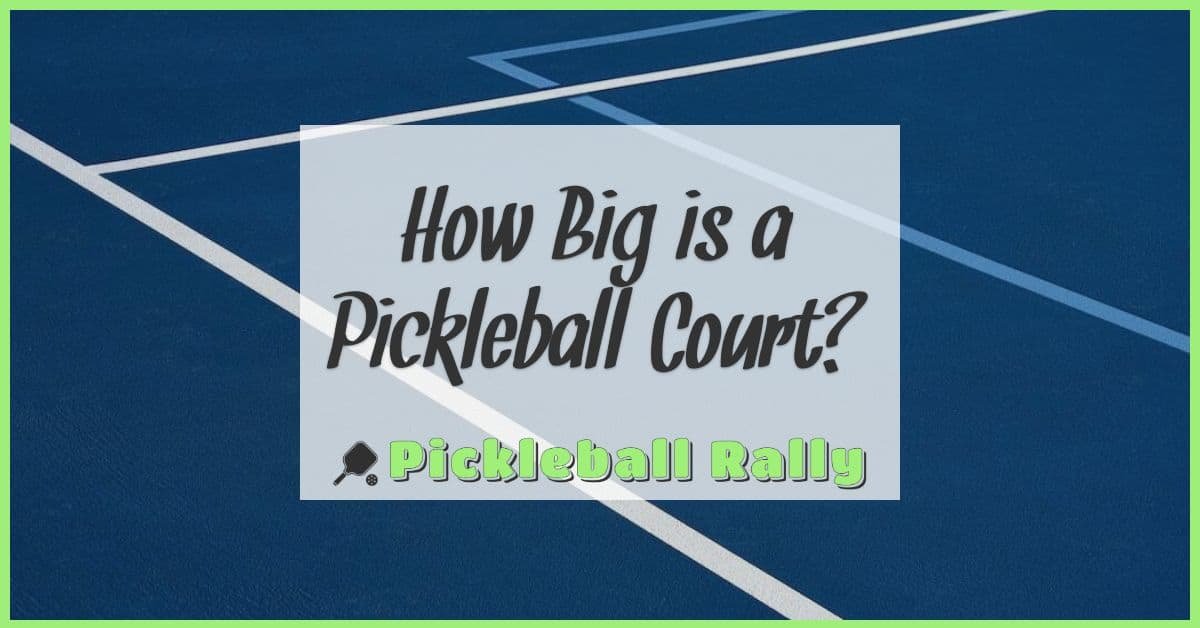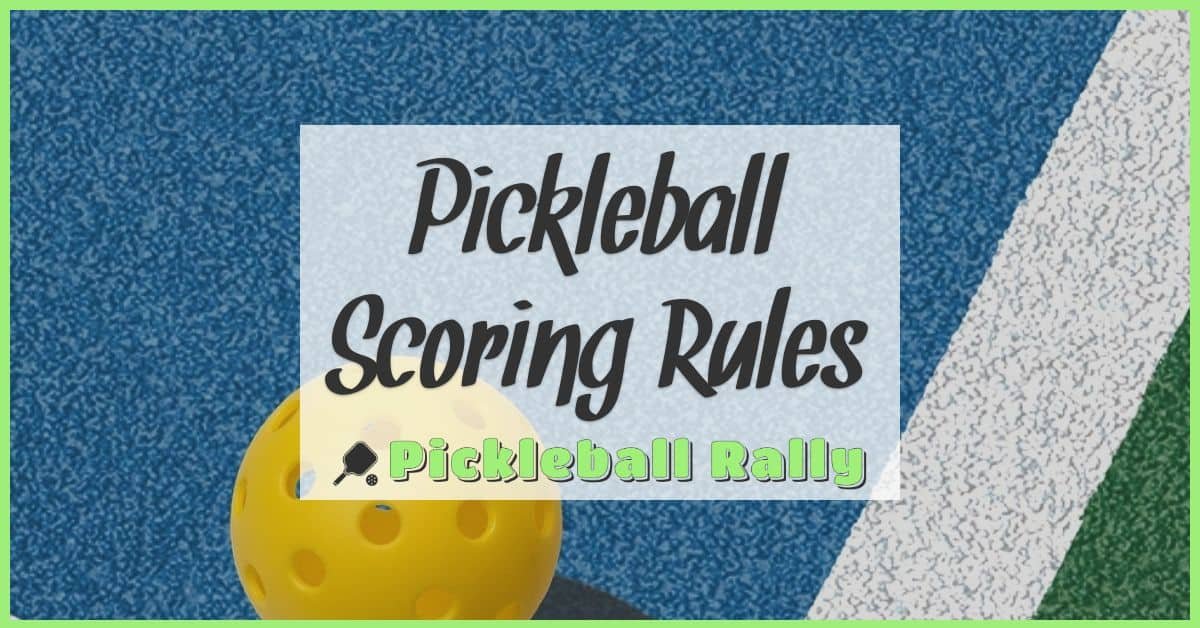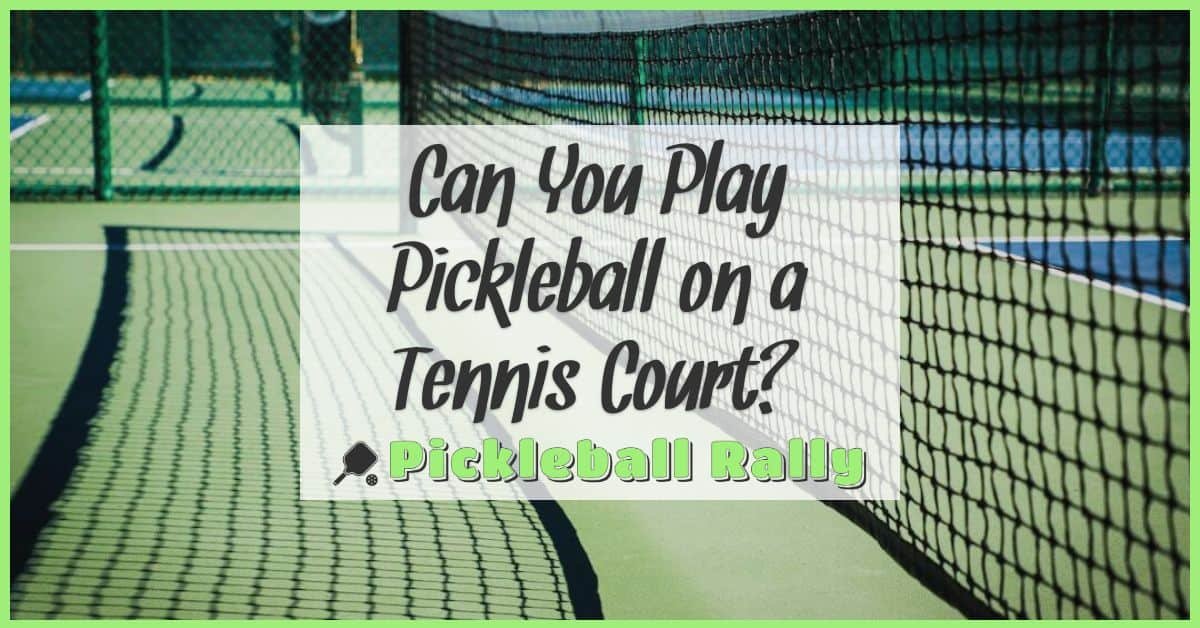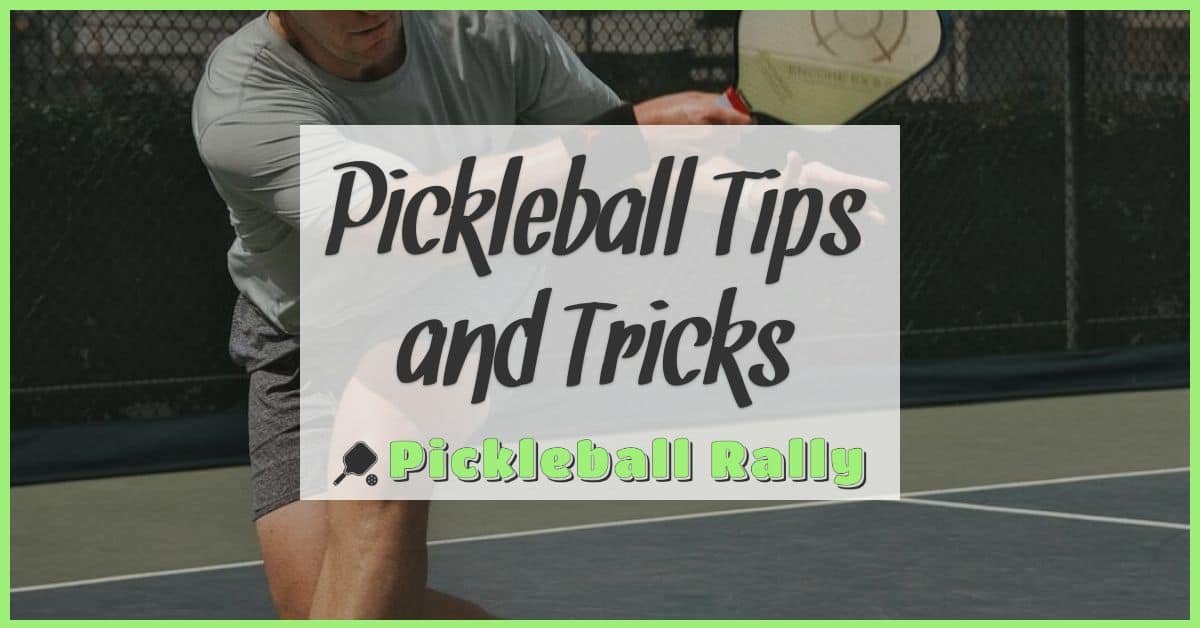I’ve always believed that the best way to connect with others is through shared experiences, and pickleball is a perfect example of that. This fast-growing sport isn’t just about the game—it’s about the people you meet and the friendships you build along the way. Whether you’re a beginner or a seasoned player, pickleball creates a welcoming space where social connection naturally happens.
What I love most is how the game brings together people of all ages and backgrounds. It’s casual enough to be inviting but active enough to keep things exciting. Playing pickleball turns strangers into teammates and teammates into friends, making it more than just a sport—it’s a community.
The Rise of Pickleball as a Social Sport
Pickleball has rapidly gained recognition not just as a sport but as a community-builder. Its unique blend of fun, competition, and accessibility plays a big part in connecting people on and off the court.
Brief Overview of Pickleball
I see pickleball as a mix of tennis, badminton, and ping-pong, played on a smaller court with a paddle and a plastic ball. The rules keep the gameplay fast yet simple, which invites players of all skill levels to join in. This simplicity creates a low entry barrier, encouraging more people to play and interact without feeling overwhelmed by complex techniques or equipment.
Growing Popularity Across Age Groups
The sport’s welcoming nature attracts players ranging from teens to seniors. I’ve coached groups where grandparents teamed up with grandchildren, blending generations through shared activity. The combination of gentle physical demand and social engagement makes pickleball ideal for older adults, while the competitive edge appeals to younger players. This wide age range on the courts fosters spontaneous partnerships and friendships, turning matches into social events.
How Pickleball Fosters Social Interaction
Pickleball’s nature turns playing into connecting. Every session offers chances to bond, share laughs, and build lasting friendships.
Encourages Team Play and Communication
Doubles matches teach players teamwork and clear communication. I’ve seen how calling shots and strategizing with partners on the court quickly break the ice. Players exchange tips, cheer each other on, and develop trust. This interaction extends beyond the game, creating a supportive social circle. Regular communication during play boosts confidence and deepens connections between teammates.
Inclusive Environment for All Skill Levels
Pickleball welcomes everyone, from beginners to seasoned players. I enjoy watching newcomers improve game after game because the atmosphere encourages questions and offers patience. Players of different skills mix easily at community courts, where experienced players share advice without judgment. This open environment removes intimidation and fosters mutual respect. The approachable pace lets everyone join in, making it natural to meet others and feel part of the community.
Community Building Through Pickleball
Pickleball creates strong communities by bringing people together on and off the court. Its inclusive spirit makes it easy to form connections that last beyond the game.
Local Clubs and Organized Events
Local clubs serve as hubs for players of all levels. I’ve seen how weekly meetups and tournaments draw regulars who become friends through shared play and training sessions. Organized events spark friendly competition while encouraging newcomers to join. Clubs often offer clinics and socials, helping members sharpen skills and bond in a relaxed setting. When I coach a beginner clinic, the energy is contagious as players learn together and cheer each other on. Those moments turn into routines where players gather not only to practice but to support each other’s progress.
Pickleball as a Tool for Neighborhood Engagement
Neighborhood pickleball gatherings transform streets and parks into lively social spaces. I organize games that attract families, neighbors, and complete strangers, all eager to play and chat. These casual matches break down barriers, making it simple for people to find common ground. When I see kids, seniors, and adults rallying in the same game, it highlights pickleball’s power to unite diverse groups. The sport encourages repeated interactions, which build trust and camaraderie that ripple through the neighborhood. Regular play promotes a sense of belonging and pride in the community, as neighbors become teammates and friends.
Mental and Emotional Benefits of Social Connection in Pickleball
Pickleball goes beyond physical exercise by boosting mental health and emotional well-being through social connection. These bonds add depth to the game and motivate players to return to the court regularly.
Reducing Loneliness and Enhancing Well-Being
I’ve seen firsthand how playing pickleball reduces feelings of loneliness. The constant interaction during doubles and rounds keeps players engaged and connected. Regular play creates a rhythm of social engagement, cutting through isolation especially for those who might otherwise spend time alone. This sense of belonging shifts focus from personal worries to shared goals. It also increases the release of mood-boosting chemicals like serotonin and dopamine, which promote a positive mindset. Players report improved sleep, reduced stress, and better overall mental resilience tied to these social experiences.
Building Long-Lasting Friendships
Building lasting friendships takes center court in every pickleball game I play or teach. Time on the court transforms casual acquaintances into close-knit allies. The collaborative nature of doubles encourages communication and mutual support, laying a foundation for trust and respect. Players cheer each other’s successes, share tips, and even meet outside of games for social events or practice sessions. These connections provide emotional support beyond the sport itself. I often hear players describe their pickleball friendships as some of their most rewarding social ties, forged through countless rallies and shared memories.
Tips for Maximizing Social Connections While Playing Pickleball
Pickleball offers endless chances to make new friends and deepen existing bonds. I’ve found that actively engaging with the community enhances both your game and your social life.
Joining Local Groups and Leagues
Joining local pickleball groups or leagues creates regular opportunities to connect. I recommend attending weekly sessions or signing up for a league that matches your skill level, since consistent play helps build familiarity with other players. I’ve seen that groups often organize mixers or round-robins, which encourage meeting new faces in a relaxed environment. When I joined my first local league, the shared commitment to improvement sparked many friendships that extended beyond the court. Local clubs also share tips or organize potlucks, making it easier to bond off the court as well.
Participating in Social Pickleball Events
Social pickleball events like tournaments, clinics, and community play days amplify connections quickly. I find that entering mixed doubles tournaments or fun social events breaks the ice, since everyone shares a common passion. Clinics, especially ones geared toward skill-building, provide a chance to learn side-by-side with others while chatting and encouraging each other throughout. Participating regularly in these events turns casual acquaintances into reliable playing partners and friends. Many events also include social hours, offering more chances to catch up and build a stronger community vibe.
Conclusion
Pickleball has a special way of bringing people together that goes beyond just playing a game. It creates moments where friendships naturally form and communities grow stronger. Whether you’re new or experienced, the connections made on the court often turn into meaningful relationships off it.
For me, the best part is seeing how a simple sport can open doors to laughter, support, and shared memories. If you’re looking to meet new people and enjoy some fun competition, pickleball might just be the perfect way to do it.









